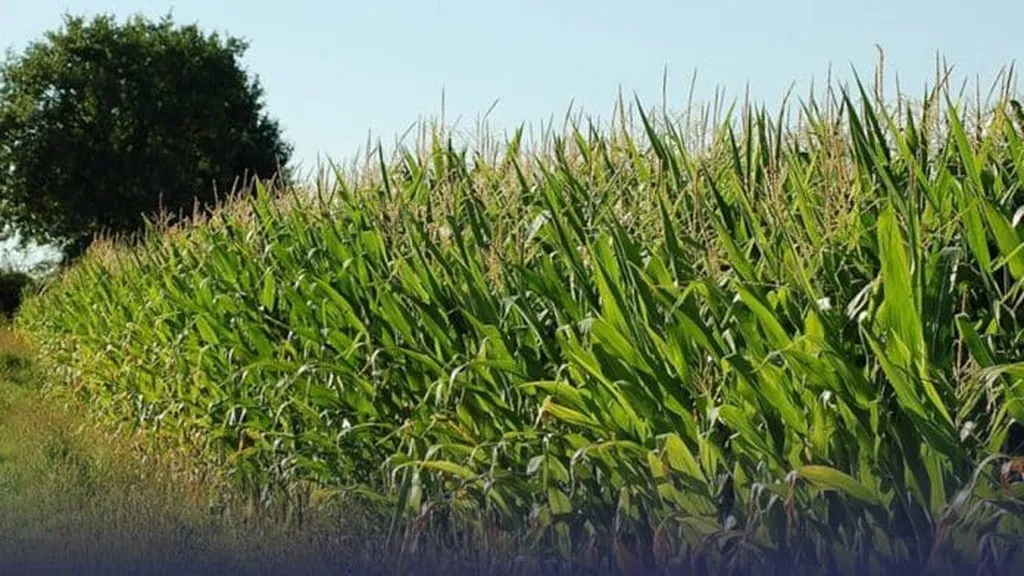In the heart of Bulgaria, a critical piece of research is shedding light on the path to sustainable agriculture, with significant implications for the country’s economic stability and agricultural sector. Lead author Ivan Vyrlev, based in Sofia, has delved into the crucial role of irrigation in stabilizing and boosting maize yields, a finding that could reshape Bulgaria’s approach to agriculture and potentially influence broader European policies.
The study, published in the journal *Soil Science, Agrochemistry, and Ecology* (Почвознание, агрохимия и екология), analyzed data from 30 experimental fields across Bulgaria, revealing stark differences in maize yields between irrigated and non-irrigated lands. “The yields of late hybrids cultivated without irrigation are quite unstable over the years,” Vyrlev notes, with coefficients of variation (Cv) ranging from 30 to 60%. This instability poses a significant risk to farmers and the broader economy, which relies on consistent crop production.
In contrast, irrigated fields show a remarkable increase in stability and productivity. “Maize yields under irrigation are much more stable,” Vyrlev explains, with coefficients of variation dropping to between 12-18%. This stability is even more pronounced when looking at the entire country, where irrigation has historically contributed to raising and stabilizing maize productivity. During the period from 1967 to 1989, when about 30% of maize fields were irrigated, the coefficient of variation of yields dropped to a mere 12%.
The commercial impacts of these findings are profound. With Bulgaria’s domestic needs for maize hovering around 1.5 million tons, the research suggests that reviving irrigation on just 100,000 hectares could significantly boost production, potentially satisfying both domestic demand and export requirements. “If maize irrigation fields expand to 100,000 hectares in the near future, the total production from irrigated and rainfed maize fields will be within the limits of 1.6 to 3.1 million tons,” Vyrlev states. This could mark an important step towards sustainable agriculture, ensuring food security and economic stability.
The implications for the energy sector are also noteworthy. As agriculture becomes more stable and productive, it can support the growth of bioenergy crops, providing a renewable energy source that aligns with the EU’s strategic aims for sustainable agriculture. This research could influence future developments in the field, encouraging investment in irrigation infrastructure and promoting policies that support sustainable farming practices.
Vyrlev’s work underscores the importance of irrigation in achieving stable and high yields, a critical factor for Bulgaria’s agricultural sector and broader economy. As the country looks to the future, the insights from this research could guide policy decisions and investment strategies, ensuring that Bulgaria meets its domestic needs and remains competitive in the global market. The path to sustainable agriculture is clear, and irrigation is a key component in achieving this goal.

